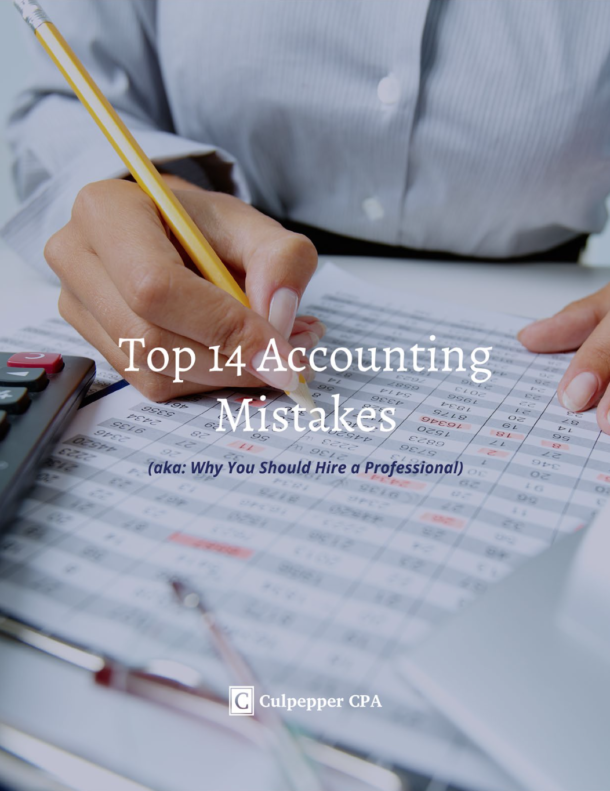Are you thinking about converting your traditional IRA into a Roth IRA? You don’t have to do much research before you realize that the process is clear as mud.
Let’s bring some clarity to the situation. The benefits of converting an IRA depend upon several factors that we’ll look at one at a time.
1 – Changes to Tax Law
Upcoming tax reform is a major unknown and, therefore, a major issue.
President Trump and the Republican-controlled Congress have set an agenda to lower tax rates and eliminate many existing tax deductions.
Although they desire to overhaul the current tax system, they may have to settle for temporary tax cuts instead of permanent, comprehensive reform.
Any changes to tax law may affect what happens with IRA conversions, and those changes, in turn, will make your decision to convert more or less prudent.
Is that vague enough for you? Good.
Here’s the bottom line: If you can wait to convert until after these tax changes have taken effect, then it’s probably better to wait. Maximum rates are likely to fall, and you can potentially capture more benefits by converting next year.
However, if you do opt to convert now, then be sure to keep your various options on the table. For example, you can later change your mind and “undo” the conversion by transferring converted funds back to a traditional IRA.
This handy “recharacterization” loophole does have a catch. You must convert back by October 15 of the year following the conversion.
2 – Present & Future Rates
The second thing you should consider is present and future tax rates. Though no one can precisely predict the future, some factors remain constant.
On one hand, if you expect to pay the same rate (or higher) in retirement than you currently do, switching to a Roth IRA makes sense. Just avoid tapping into IRA funds to pay the tax bill at conversion.
On the other hand, if your retirement tax rate may be lower, think twice. Tax-free Roth payouts won’t benefit you as much because your tax on the conversion may exceed your future savings.
3 – Partial Conversions
Once you decide to convert to a Roth, you don’t have to do it all at once. You can transfer money from a traditional IRA to a Roth in increments, and in so doing, you will also stagger the tax hits.
This approach is particularly helpful if extra conversion income would disqualify you for certain tax benefits. Examples include write-offs for personal exemptions, itemized deductions, or passive losses.
In this same vein, you can also use different Roths for different classes of assets. You can separate stocks, bonds, and real estate in order to have maximum flexibility.
4 – Assets
If you have assets that you expect to go up in value, then converting can deliver huge benefits.
By switching to a Roth before those assets fully appreciate, you can take advantage of a lower conversion tax. This tactic also works for IRA assets that are currently depressed in value.
With Roth IRAs there is no required minimum distribution once you reach the age of 70 ½.
However, if you are older than 70 ½ at the time of conversion, you must take a Required Minimum Distribution (RMD) for the year you switch. (Note: The balance of the traditional IRA at the end of the preceding year determines the required payout.)
5 – Higher Medicare Premiums
One last consideration is the relationship between IRA conversion and Medicare premiums.
Additional income from an IRA conversion can trigger higher Medicare premiums.
On top of regular Parts B and D premiums, individuals whose modified adjusted gross income exceeds $85,000 for individuals (or $170,000 for joint filers) will owe a monthly surcharge.
Furthermore, switching to a Roth this year could lead to higher premiums in 2019 because income from the conversion is included in the calculation for modified AGI. For this reason, a conversion can cause more of your Social Security benefits to be taxed.
Wrapping Up
You’ve got a number of factors to consider when you are converting from a traditional to a Roth IRA. You also stand to reap the benefits when you convert at the right time in the right way.
Working with a tax professional is the best way to find out if this conversion is a good fit for you.
An expert CPA can assess the long-term ramifications of the switch based on your financial situation. We can work with your financial advisor to analyze the costs and benefits of a potential conversion, both from the investment perspective and from the tax perspective.
If the water seems muddy to you, then give us a call at (865) 691-8509. We can answer your questions and help you make a smart plan of attack.


